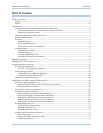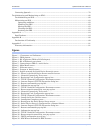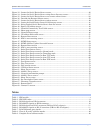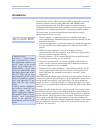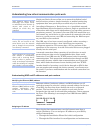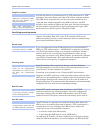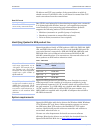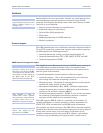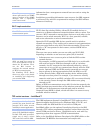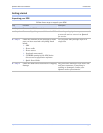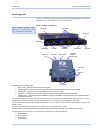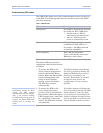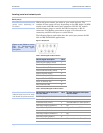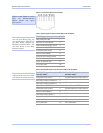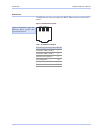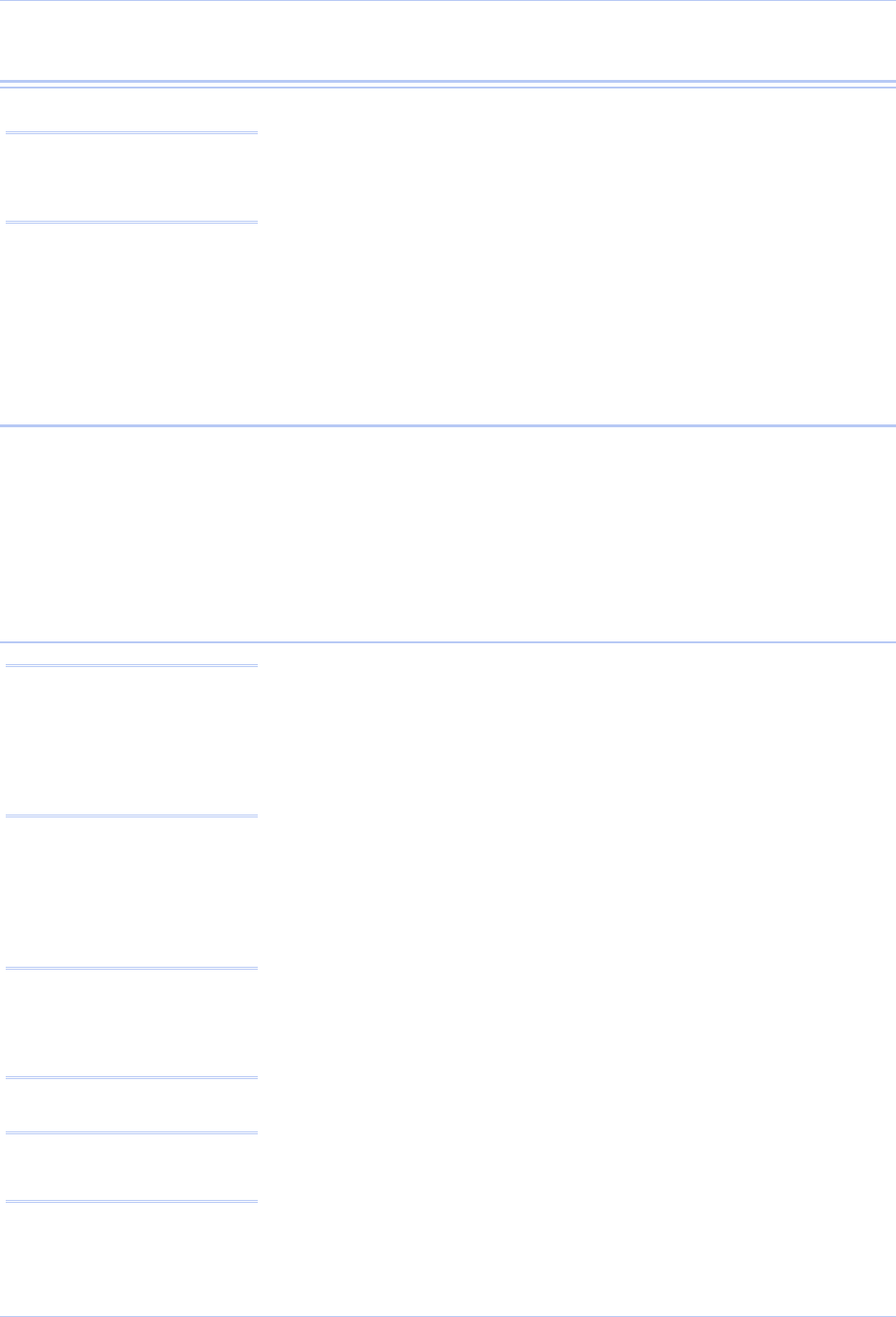
Quatech SDS User’s Manual Introduction
Features
Quatech Device Servers can connect virtually any serial device to any
standard Ethernet network (Intranet or Internet) using TCP/IP
protocols. The following list details some of the serial devices an SDS
can bring to your fingertips:
Note: Quatech Device Servers
capture data from legacy serial
devices without having to go
through a PC.
¾ Security system alarm/access control devices
¾ Industrial computers and sensors
¾ Point-of-Sale (POS) peripherals
¾ Time clocks
¾ Banking peripherals and ATM machines
¾ Medical equipment
Protocol support
The SDS communicates over an Ethernet network using the standard
IP and TCP protocols to ensure data integrity and accurate targeting.
An SDS supports the following protocols:
¾ Network addressing, routing, and data block handling: IP
¾ Network communications: TCP, UDP, DHCP, HTTP, and ARP
¾ Network management: SNMP
SNMP Network management support
The Simple Network Management Protocol (SNMP) agent running on
your SDS collects network statistics such as the amount of data
transmitted and received, the number of frames that contain errors,
and the speed of the interface.
A network management system consists of these four parts:
¾ Network manager – One or more workstations used to monitor
and manage the elements comprising a network
¾ Managed system – Composed of managed devices on the network
running the agent process, such as an SDS
¾ Management Information Base (MIB) – Standard organization
scheme for storing data records; an SDS device with a firmware
revision of 5.0 and above supports MIB-II
¾ Network management protocol – SNMP is a set of rules governing
the exchange of management information between a network
manager and the elements of a managed system
The SDS supports MIB II, which is a standard set of statistics. It
includes information on system interfaces, address translation, IP,
ICMP, TCP, UDP, transmission, and SNMP group information.
For example, the agent running on the SDS collects network statistics
including the amount of data transmitted and received, the number of
frames that contain errors, the percentage of utilization of the
network, maximum packet size, speed, MAC address, and whether
the device is up and working. The agent provides a whole tree of
Note: Only SDS devices with a
firmware revision level of 5.0
and above can support SNMP.
To determine the revision level
of an SDS, check the bottom of
the Home page in the Web-
based interface (see page 43).
Note: SNMP is used to
communicate status updates
and parameter values between
a remote device such as an
SDS and a network manager.
Note: The SDS is a read-only
device. You cannot set any
parameters via SNMP.
July 2005 940-0183-153 Page 5



